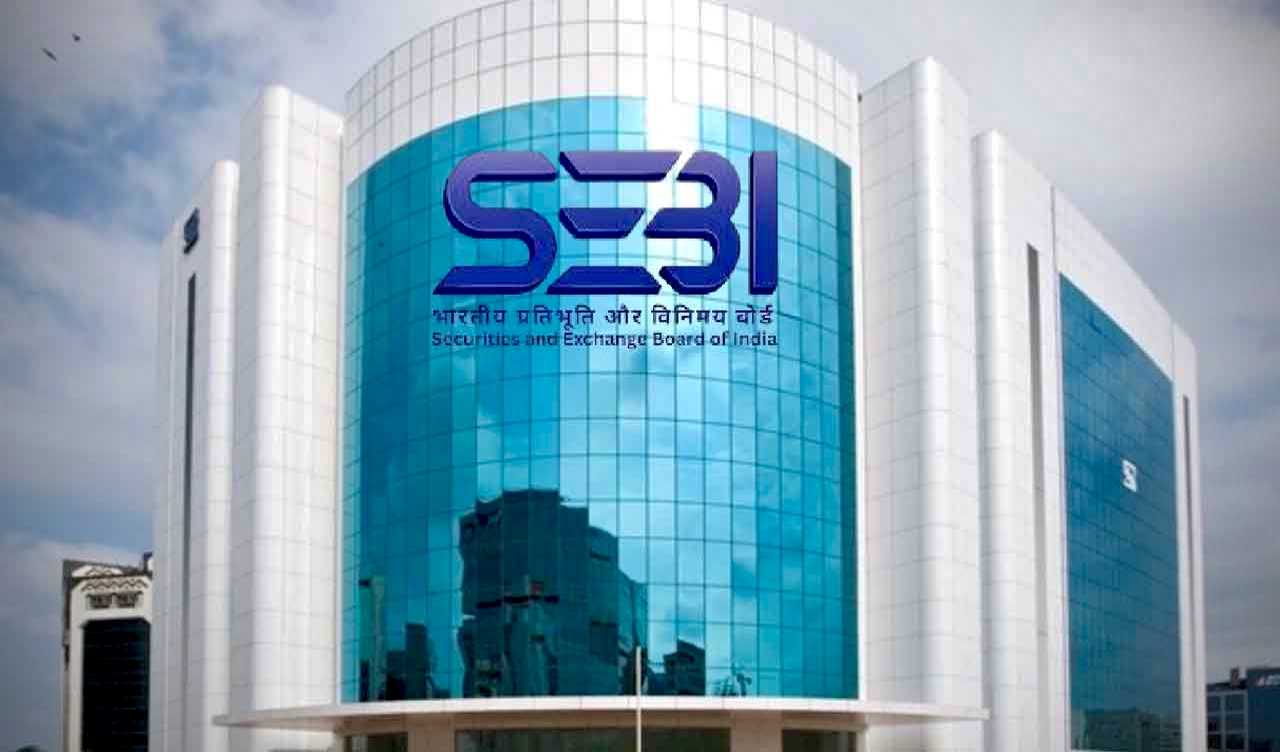
RBI Policy Announcement (June 22, 2025)
Simple summary for retail investors:
- Repo Rate Cut: RBI’s Monetary Policy Committee lowered the repo rate by 50 basis points to 5.50%, continuing its easing cycle that began in February business-standard.com+4in.investing.com+4m.economictimes.com+4outlookmoney.com+1reuters.com+1.
- Inflation Outlook: Inflation for 2025‑26 is projected around 3.7%, indicating a benign outlook indianexpress.com+1reuters.com+1.
- Growth Forecast: GDP growth estimate remains at 6.5%, unchanged from last year indianexpress.com+1reuters.com+1.
- Cash Reserve Ratio (CRR): RBI plans to reduce CRR by 100 basis points in stages from September economictimes.indiatimes.com+5reuters.com+5outlookmoney.com+5.
- Policy Stance: Now described as “neutral”, RBI signals it has limited room for further rate cuts outlookmoney.com.
Implications for retail investors:
- Borrowing (e.g. home, auto loans) will be cheaper.
- Fixed income savers (FDs, bonds) may earn lower returns.
- Mutual funds, especially debt funds, might benefit from lower yields and bond price gains.
- Equities may get a boost from easier liquidity and support for economic activity.
India’s capital markets regulator, SEBI, has unveiled a fair and growth‑oriented IPO policy for startup founders. Announced on June 18, 2025, this new framework allows founders to retain ESOPs, promotes reverse‑flips, mandates demat, and simplifies disclosures—all measures aimed at bolstering founder ownership and trust. Here’s what retail and institutional investors need to know.
1. Founders Can Retain ESOPs Post‑Listing
- Founders and key employees may now hold ESOPs or stock benefits granted at least one year before filing IPO papers—without forced liquidation economictimes.indiatimes.com+7stocktwits.com+7m.economictimes.com+7m.economictimes.com+2reuters.com+2m.economictimes.com+2.
- Purpose: To reward long‑term commitment and incentivize leadership continuity after IPO.
Investor Implications:
- Aligns founders’ interests with public shareholders.
- Reduces sudden selling pressure from insiders post‑IPO.
- May contribute to valuation stability post‑listing.
2. Facilitating Reverse‑Flip to India
- SEBI eased regulations to help startups relocate domiciles from abroad to India before IPOs economictimes.indiatimes.com+3m.economictimes.com+3economictimes.indiatimes.com+3stocktwits.com+10reuters.com+10economictimes.indiatimes.com+10economictimes.indiatimes.com.
- This benefits companies using dual‑structure or overseas entities wishing to list in India.
Investor Implications:
- Broadens the pipeline of high‑growth, globally recognized startups listing in India.
- Enhances transparency and inspection under Indian jurisdiction.
- Could increase portfolio diversification opportunities.
3. Mandatory Dematerialisation Before IPO
- SEBI now requires full dematerialization of securities before public listing economictimes.indiatimes.com+1economictimes.indiatimes.com+1in.investing.com+1rbi.org.in+1reuters.com+2m.economictimes.com+2economictimes.indiatimes.com+2.
- No physical share certificates will be accepted.
Investor Implications:
- Improves transaction speed and security.
- Reduces risk of chain‑watch, fraud or delays.
- Enhances liquidity and ease of trading.
4. Simplified Disclosure & Institutional Placements
- Qualified Institutional Placements (QIPs) now demand less complex disclosures, speeding up capital raising m.economictimes.com.
- Disclosure norms for foreign portfolio investors (FPIs) in government bonds have also been relaxed reuters.com+1economictimes.indiatimes.com+1.
Investor Implications:
- Faster funding rounds for IPO preparation, reducing regulatory delays.
- Increased institutional participation may boost demand.
- Foreign investment inflows could enhance market depth.
- SEBI introduced a special route for voluntary delisting of PSUs with ≥ 90% government holding reuters.com+1economictimes.indiatimes.com+1.
- Additionally, Category I/II AIFs can now co-invest alongside fund managers in unlisted firms in.investing.com+1economictimes.indiatimes.com+1.
Investor Implications:
- Enables privatisations, potentially unlocking shareholder value from PSU conversions.
- Promotes diversified exposure through AIFs and family offices in high-growth startups.
Conclusion
SEBI’s revised IPO policy is a significant leap toward aligning founder incentives and market efficiency. By letting founders retain ESOPs, easing redomiciliation, and mandating dematerialisation, the regulator is building a more founder‑friendly, transparent, and investment‑ready market ecosystem. For retail investors, this creates greater confidence in IPOs, with smoother listings and potentially more stable returns. Institutional investors can leverage simplified access routes to both public and private‑market opportunities. Overall, these reforms enhance the appeal of Indian capital markets for all stakeholders.








